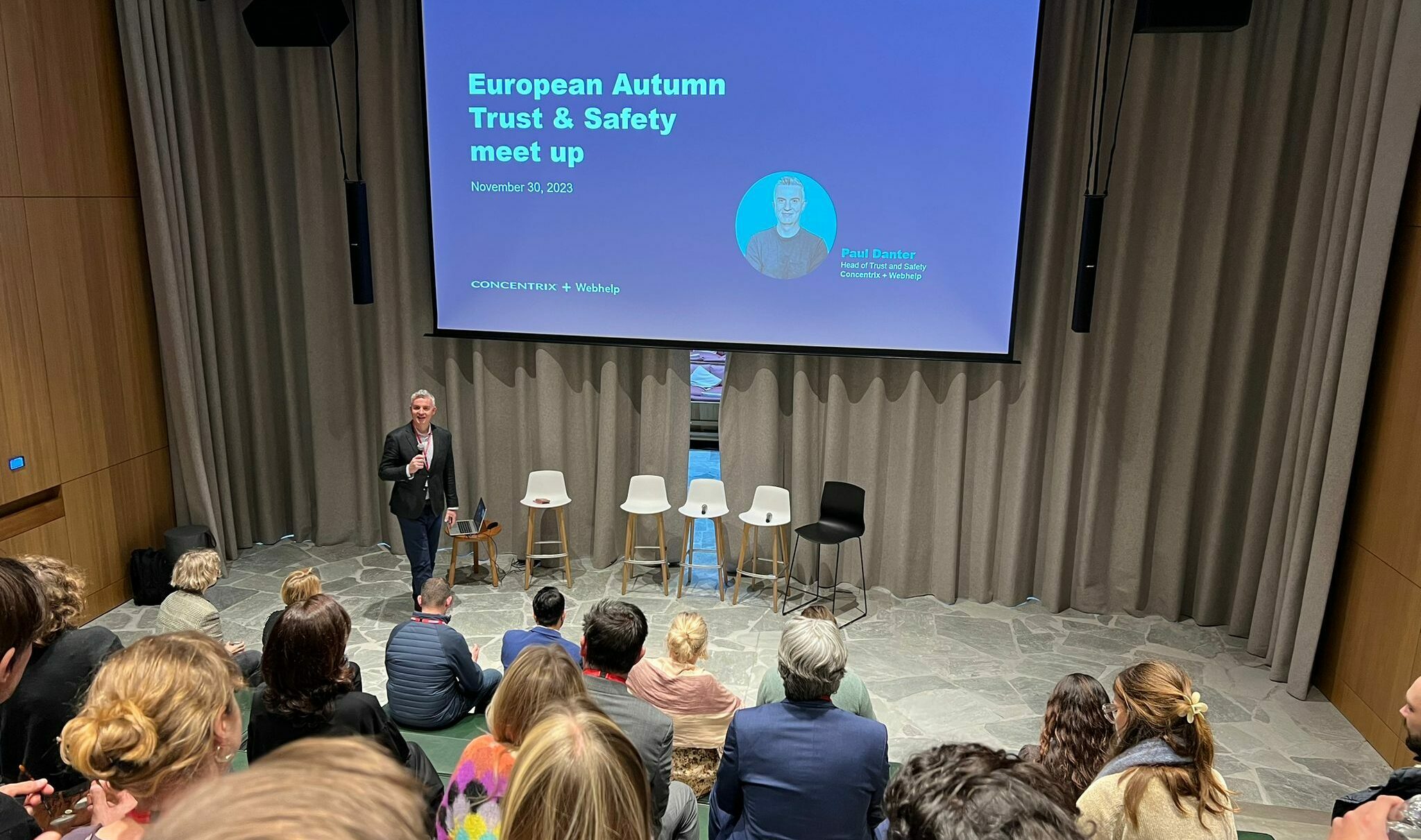
Author: Chris Bryson, Global Analytics Director, Webhelp
Webhelp recently commissioned revealing new research from polling experts YouGov, designed to uncover what 2,000 British adults really think about Artificial Intelligence (AI). The report explores the public perception of how AI technology will change the way brands provide customer service. Webhelp’s Global Analytics Director, Chris Bryson, takes a closer look at the findings:
Rules in CX are being rewritten. It’s getting harder to predict the future but we can still try. Join the debate with Webhelp!
In the evolving digital marketplace, as customers become more exposed to AI systems, it is critical that businesses consider new strategies for the future of shopping without human-to human contact.
A quick browse on YouTube or TikTok proves that Alexa, Siri and Google Home are prone to misunderstanding, often to humorous effect. But in the marketplace Interactive voice response (IVR) and Voice Assistants (VA) can quickly leave the consumer feeling frustrated and disengaged. Providers must carefully weigh the potential benefits of automation against the impersonal impact AI will have.
There are pitfalls ahead as, while convenient and instantaneous, customer experience tools like chatbots can restrict the ability to engage at a ‘human’ level. Additionally the medium can fall flat when trying to respond to complex issues.
To gauge customer attitudes and appetite in this growth area Webhelp recently conducted research with the polling experts YouGov, asking over 2,000 British adults for their opinions on AI and how it could influence the way brands offer customer service.
The resulting data provides valuable insight on public opinion of customer experience tools:
- Just over a quarter of respondents said they had used a customer service chatbot, interactive voice response (IVR) or smart home speaker, such as Amazon Alexa or Google Home.
- Over a third were dissatisfied with the chatbots and the IVR, the smart home speakers proved more popular – possibly because these AI tools are chosen for enjoyment purposes and are not obtrusive.
- 45% of those who had experienced a customer service chatbot were satisfied with it.
- 38% were either fairly or very dissatisfied with IVR functionality.
- 77% of respondents claimed to be satisfied with their smart home speakers.
There was also widespread dissatisfaction voiced around the efficacy and perceived value of current AI-powered customer experience offerings.
Degree of satisfaction with AI in CX. Take a look at the research here.
The research findings clearly illustrate the importance the public places on the human touch in interactions with brands. A substantial 44% do not think AI will impact them positively in any way and over half (52%) think it would make dealing with brands more impersonal. This recent blog by Dave Pattman, Innovation Director at Webhelp, takes a deeper dive into the research results and prevalent trends.
Yet there is a growing adoption of instant messaging services giving customers the ability to pick and choose a contact method based on the importance of the issue.
Alan Ranger, Head of Market Development at Webhelp partner provider, LivePerson, explains the factors behind this trend.
“This is not limited to a window on a website [like webchat] and its use is native to the phones that people are already carrying around with them,” he says.
“Messaging is often more convenient and becoming mainstream for brands now. But the only way this will scale is through automation or AI – if you want to offer a personalised service to hundreds of thousands of people.”
Above and beyond reactive customer services, as the use of automation and AI to drive marketing offers increasingly becomes mainstream, we’re seeing predictive analytics move more and more into the forefront.
Speech analytics and language technology is just one part of this wider automation debate, however, and there are many other ways that Webhelp uses AI to help clients improve operational efficiency, reduce cost and to increase revenue. This is where automation, as Natural Language Processing (NLP) and VA come into play most strongly, and increasingly, organisations are seeking to take action ‘in the moment’ to improve customer experience.
Whilst some predict messaging could be the future of customer experience it has yet to be universally adopted by Brands. Adding new contact channels does not automatically lead to improved experience and can add to cost and complexity for the organisation if not properly implemented. The use of NLP also leaves customers unsatisfied, as illustrated by our research results.
To help clients find the right balance Webhelp utilises highly knowledgeable staff who advise, assist and complement the growing use of advanced technology as part of a truly omni-channel customer journey.
The key is in creating a flexible and relevant journey, our expert view can pinpoint just where and when simple interactions can be automated and at which points more complex or emotionally important interactions should be delivered by a person.
Which means less shouting at the phone, more satisfied customers, and very importantly, more revenue and customer advocacy.
For more insight into this fast developing topic, sign up to receive fresh insights and invitations to executive events with our Webhelp Disruptor Series campaign: https://www.go.webhelp.com/disruptorseries.
Get in touch if you’re facing disruption – or want to disrupt – and would like to talk through the implications for CX. E: christopher.bryson@webhelp.com


![[Fashion] Choosing the right partners to grow your business in 2024, at a time when trust is fragile](https://media.webhelp.com/wp-content/uploads/2023/12/21090253/Office-Showcase-2.png)


